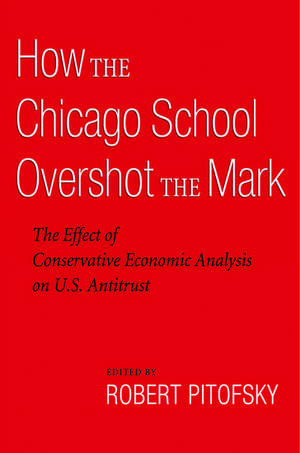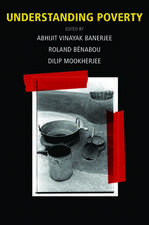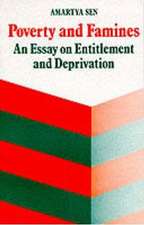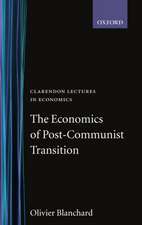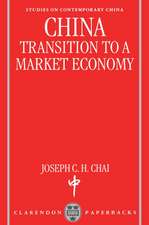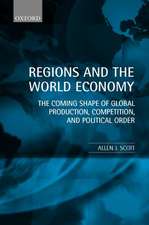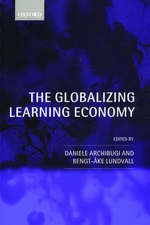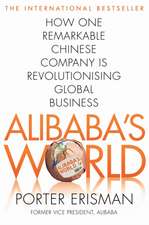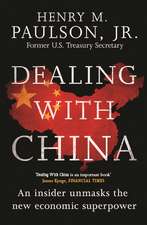How the Chicago School Overshot the Mark: The Effect of Conservative Economic Analysis on U.S. Antitrust
Editat de Robert Pitofskyen Limba Engleză Paperback – 25 sep 2008
| Toate formatele și edițiile | Preț | Express |
|---|---|---|
| Paperback (1) | 351.59 lei 31-37 zile | |
| Oxford University Press – 25 sep 2008 | 351.59 lei 31-37 zile | |
| Hardback (1) | 761.13 lei 31-37 zile | |
| Oxford University Press – 25 sep 2008 | 761.13 lei 31-37 zile |
Preț: 351.59 lei
Preț vechi: 429.85 lei
-18% Nou
Puncte Express: 527
Preț estimativ în valută:
67.30€ • 73.13$ • 56.57£
67.30€ • 73.13$ • 56.57£
Carte tipărită la comandă
Livrare economică 09-15 aprilie
Preluare comenzi: 021 569.72.76
Specificații
ISBN-13: 9780195339765
ISBN-10: 0195339762
Pagini: 328
Dimensiuni: 155 x 231 x 23 mm
Greutate: 0.48 kg
Editura: Oxford University Press
Colecția OUP USA
Locul publicării:New York, United States
ISBN-10: 0195339762
Pagini: 328
Dimensiuni: 155 x 231 x 23 mm
Greutate: 0.48 kg
Editura: Oxford University Press
Colecția OUP USA
Locul publicării:New York, United States
Recenzii
Chairman Pitofsky's timely book teaches us important truths about antitrust. This book convincingly rebuts the Chicago School approach to economics and competition policy while reminding us that the antitrust laws, when effectively applied, are robust tools that enhance competition and benefit consumers. Chairman Pitofsky and the other distinguished contributors provide a badly needed counterpoint to the excesses of Chicago School economic theory that has led to an overly hands-off and lifeless approach to antitrust enforcement in recent years. This excellent volume should be studied by all those who care about competition policy.
Into the grand antitrust debate between Warren Court advocates, on the one hand, and the treatises and court opinions out of the Chicago School tradition, on the other, comes finally a voice of reasoned moderation
When they asserted efficiency as the new benchmark of antitrust, the scholars of Chicago paved the way to very welcome developments. But efficiency is more and more treated as an ideology and therefore it leads to forgetting the facts and restoring presumptions. If avoiding false positives becomes the priority of antitrust, how many real negatives will receive undeserved immunity? The questions raised by this book are no less timely than those raised by those scholars forty years ago and deserve no less attention from practitioners, academics and judges all over the world. I am confident that some copies of it will also be available in the library of the U.S. Supreme Court.
This collection of essays
Into the grand antitrust debate between Warren Court advocates, on the one hand, and the treatises and court opinions out of the Chicago School tradition, on the other, comes finally a voice of reasoned moderation
When they asserted efficiency as the new benchmark of antitrust, the scholars of Chicago paved the way to very welcome developments. But efficiency is more and more treated as an ideology and therefore it leads to forgetting the facts and restoring presumptions. If avoiding false positives becomes the priority of antitrust, how many real negatives will receive undeserved immunity? The questions raised by this book are no less timely than those raised by those scholars forty years ago and deserve no less attention from practitioners, academics and judges all over the world. I am confident that some copies of it will also be available in the library of the U.S. Supreme Court.
This collection of essays
Notă biografică
Robert Pitofsky has seen all sides of regulatory law enforcement and analysis: government enforcer and judge, private sector defense attorney, government consultant and for over 40 years law professor. He has taught antitrust and other aspects of regulatory law (communications, intellectual property) for about 40 years at New York University and Georgetown and as a Visiting Professor at Harvard and Columbia. He has been a law enforcer with three periods of service at the Federal Trade Commission (culminating in six years as Chairman) and served as defense counsel with several large New York and District of Columbia law firms.
